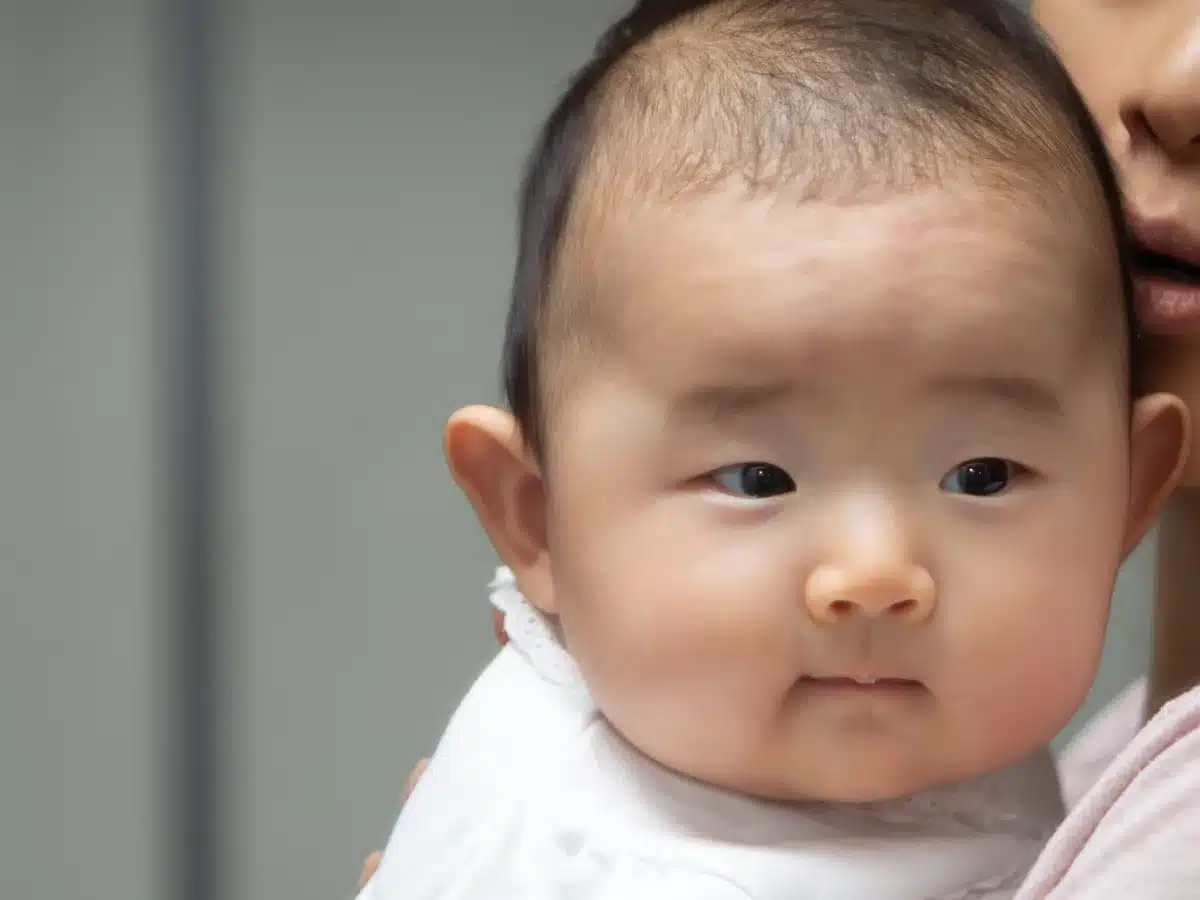South Korea Faces Record Low Birth Rate Amid Ongoing Fertility Challenges

When Kim Mi-ae began her journey with in vitro fertilization (IVF) last November, she anticipated a challenging process, having already experienced the ups and downs of conception three years prior. However, she was taken aback by the overwhelming demand at her fertility clinic, where she faced long wait times. As South Korea grapples with the world’s lowest birth rates, the surge in fertility treatments marks a notable trend amidst the nation’s demographic crisis, with experts suggesting a shift in societal attitudes towards family planning.
Rising Demand for Fertility Treatments
The increasing demand for fertility treatments in South Korea is evident, with the number of procedures rising nearly 50% from 2018 to 2022, totaling around 200,000 treatments. In Seoul, one in six babies born last year were conceived with the assistance of fertility treatments. This surge is attributed to changing perspectives on family planning, particularly among younger generations. Sarah Harper, a professor at the University of Oxford, notes that many young people are now more focused on controlling their reproductive choices, opting for egg freezing or IVF as they seek to plan their lives more deliberately. This contrasts sharply with previous generations, who often accepted the unpredictability of conception.
The South Korean government is keenly aware of the implications of these trends. With one in five citizens aged 65 or older, the country faces a demographic crisis that could see its population of 50 million halved in the next 60 years if current birth rates persist. The birth rate has consistently set new lows, dropping to 0.72 in 2023. However, there is a glimmer of hope as the birth rate slightly increased to 0.75 in 2024, marking the first rise in nine years. Experts like Seulki Choi from the Korea Development Institute suggest that this uptick could indicate a potential shift in attitudes toward marriage and parenthood among the youth.
Changing Attitudes Towards Parenthood
For many young South Koreans, the decision to start a family has been delayed due to various social and economic pressures. Park Soo-in, a 35-year-old advertising professional, reflects on her previous reluctance to have children, attributing it to her demanding job and the societal expectations placed on women. However, after marrying and witnessing friends embrace parenthood, her perspective shifted. She and her husband turned to fertility treatments when they faced challenges conceiving, a decision that aligns with a growing trend among couples in South Korea.
Despite the increasing interest in starting families, many South Koreans express concerns about the financial implications of raising children. A UN report indicates that over half of South Koreans desire children but feel unable to afford them. The average age for women having their first child is now 33.6 years, one of the highest globally. This delay often results from prioritizing education and career advancement, leaving many feeling unprepared for parenthood when they finally decide to start a family.
Financial and Cultural Barriers
The financial burden of fertility treatments can be significant, even with government subsidies aimed at alleviating costs. For instance, the South Korean government provides financial support for egg freezing and IVF treatments, yet many patients still face substantial out-of-pocket expenses. Kim Mi-ae, for example, reported spending over 2 million won ($1,460) on IVF in January, primarily on items not covered by subsidies. With less than half of IVF cycles resulting in success, the financial strain can quickly accumulate.
Women undergoing IVF also encounter workplace challenges. While companies offer leave for fertility treatments, many find it difficult to take advantage of these policies. Kim and Jang Sae-ryeon, another IVF patient, shared their experiences of balancing demanding jobs with treatment schedules. Jang ultimately left her job due to the stress of managing both her career and her fertility treatments, leading to financial instability.
Despite these hurdles, the desire for children remains strong among many South Koreans. Jang, who has faced multiple IVF cycles and the heartbreak of miscarriages, continues to hold onto her dream of motherhood. She reflects on the profound joy that comes with the prospect of creating a family, underscoring the emotional significance of parenthood in her life.
Observer Voice is the one stop site for National, International news, Sports, Editor’s Choice, Art/culture contents, Quotes and much more. We also cover historical contents. Historical contents includes World History, Indian History, and what happened today. The website also covers Entertainment across the India and World.

